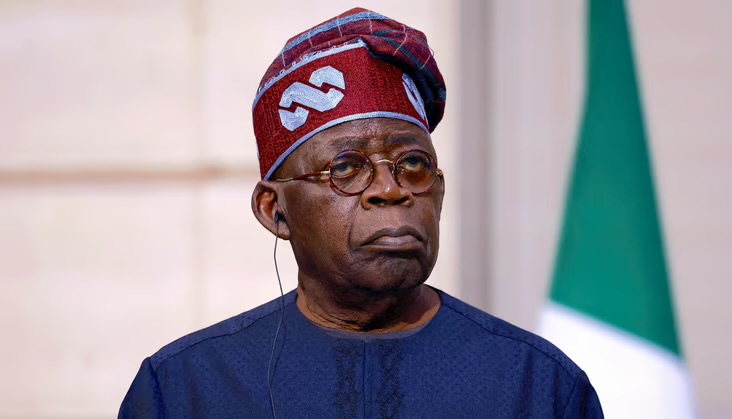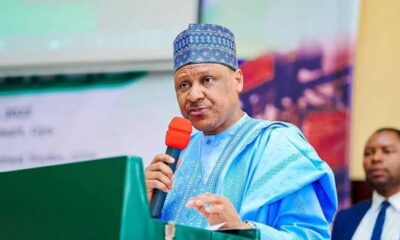Nigeria’s attorney general has notified agencies that President Bola Tinubu has approved a draft bill – the Petroleum Industry Act (Amendment) Act 2025 – for early implementation talks.
It is still a proposal and will require legislation, but the direction of travel is clear: it would tilt Nigeria’s oil architecture towards a finance-led state owner and a super-charged regulator.
It may curb leakages – the stated aim – but it risks blurring lines between referee and player, and re-politicising a company that was supposed to be run at arm’s length.
Investors will want clearer guardrails before they buy in.
What is changing?
The most consequential change would see the Nigerian Upstream Petroleum Regulatory Commission (NUPRC) replace NNPC Ltd as the government’s concessionaire in existing production-, profit- and risk-service contracts.
NUPRC would also act as the state’s representative in model contracts attached to licences and leases, and verify work programmes and cost-recovery claims.
That fuses regulatory oversight with a commercial counterparty role – a sharp break from the original Petroleum Industry Act’s separation of functions.
The amendment would vest all NNPC shares in the Federation, but they would be held solely by the Ministry of Finance Incorporated (MOFI) as the “bare agent”, displacing the Ministry of Petroleum Incorporated (MOPI) as co-owner envisaged under the 2021 Act.
In effect, MOFI would set strategy and objectives for NNPC as the single state shareholder.
A PIA clause that put fully integrated upstream-midstream projects under NUPRC’s charge would be deleted.
Instead, a joint NUPRC-NMDPRA (Nigerian Midstream and Downstream Petroleum Regulatory Authority) project team would regulate such assets, formalising a compromise after turf battles between the two regulators.
Why it matters
First, governance risk. Concentrating ownership in MOFI strengthens the treasury’s grip but weakens the NNPC board’s autonomy.
The editorial board of Africa Oil and Gas Report warns it could politicise strategic choices – from portfolio pruning to refinery spending – and narrow management’s room to act like a commercial company, which the PIA sought to achieve.
Nigeria’s Vanguard newspaper cautions that putting MOFI in charge of NNPC strategy could render the board redundant.
Then, having the regulator as a counterparty.
Making NUPRC the concessionaire raises conflict of interest questions: the same body would both police costs and sit across the table on contracts.
Operators may worry about appeals and due process if the regulator’s commercial and arbitral incentives collide.
The proposal’s defenders will argue it closes “fiscal leakages” by centralising cost control – but expect pushback and, potentially, litigation once language is tabled in parliament.
Finally, IPO optics. NNPC has been talking up a listing – officials said in March they were in the “final” stages of IPO preparation, while public commentary has floated an indicative 2028 window.
Re-wiring ownership and strategy, just as book-runners and investors assess governance, will complicate the sale, Clementine Wallop at Horizon Engage tells The Africa Report.
“If the point of the PIA was to set NNPC up as distinct from government, this seems to send the opposite signal, or at least underscore the extent of the closeness between NNPC and the centre,” she says.
An all-powerful state shareholder controlled by the finance ministry is familiar to emerging-market investors – but it raises questions about minority protection and disclosure discipline.
Who gains – and who doesn’t?
Winners include finance minister Wale Edun and MOFI, which would hold and direct the state’s equity, and NUPRC’s leadership, which would gain contractual clout alongside its regulatory remit.
The likely losers are NNPC’s board and management, whose strategic role shrinks if MOFI becomes the single decision-setting shareholder and NUPRC takes the concessionaire mantle.
The politics and the timing
The move follows a turbulent summer at NNPC: protests, sharp media scrutiny and public defences by the new chief executive, Bayo Ojulari, appointed in April.
Any perception that NNPC is mired in controversy strengthens the hand of those arguing to recentralise control.
That context may help explain the urgency behind the amendment push – though it does not resolve underlying operational bottlenecks.
Three things to watch next
- Bill text and timetable. The National Assembly’s handling will reveal the depth of consensus – or resistance – around MOFI’s sole ownership and the regulator-as-concessionaire model.
- Transition provisions. How existing PSCs and cost-recovery audits are novated from NNPC to NUPRC will be critical for operators and lenders.
- Market signalling. If the government still wants an IPO, expect a new governance narrative – perhaps stronger independent directors or ring-fenced audit committees – to reassure investors.



















